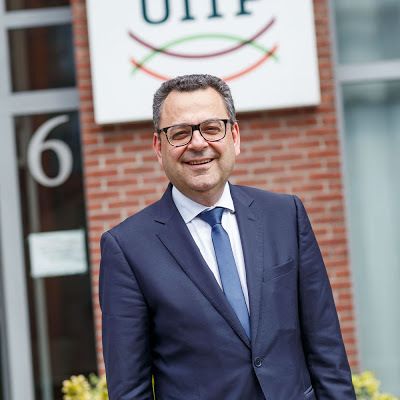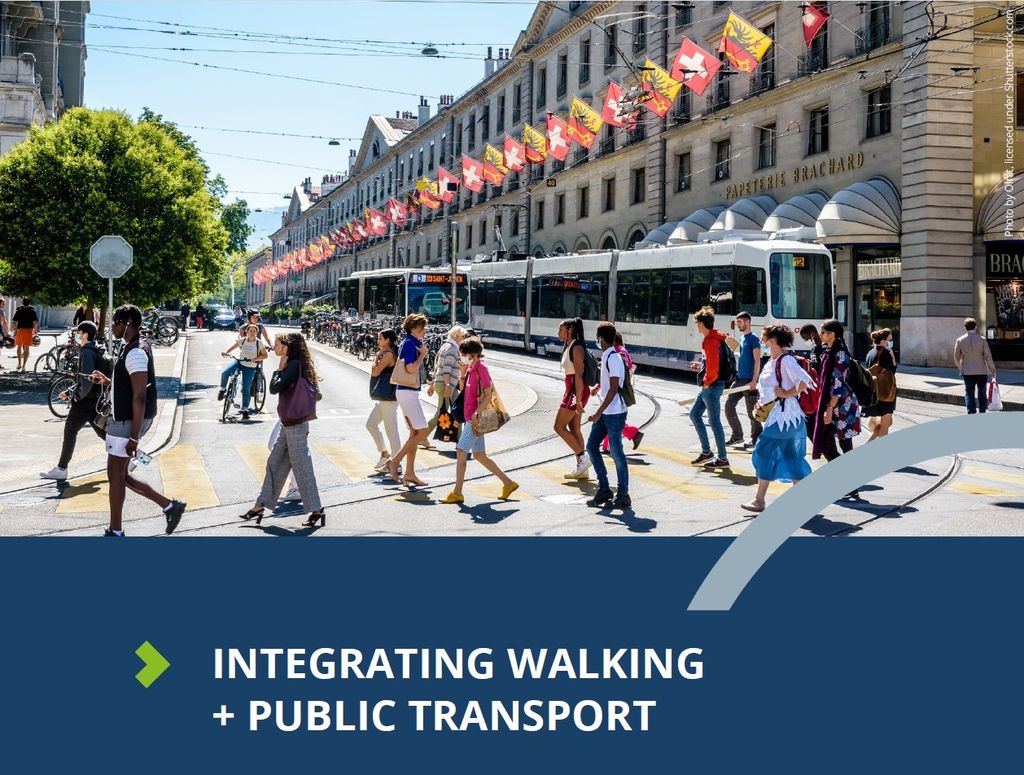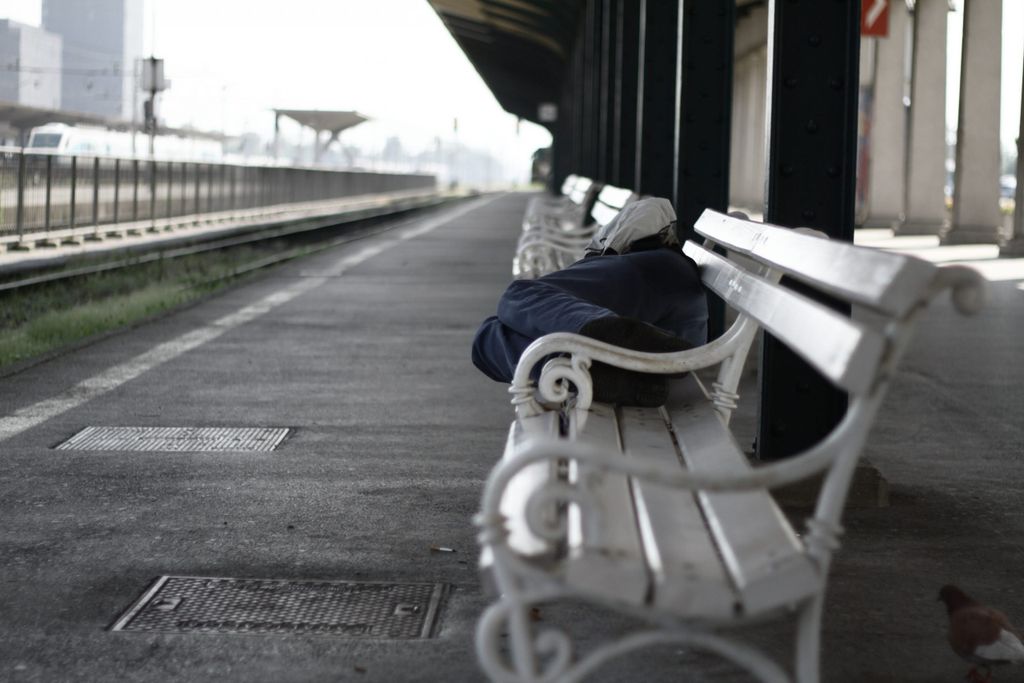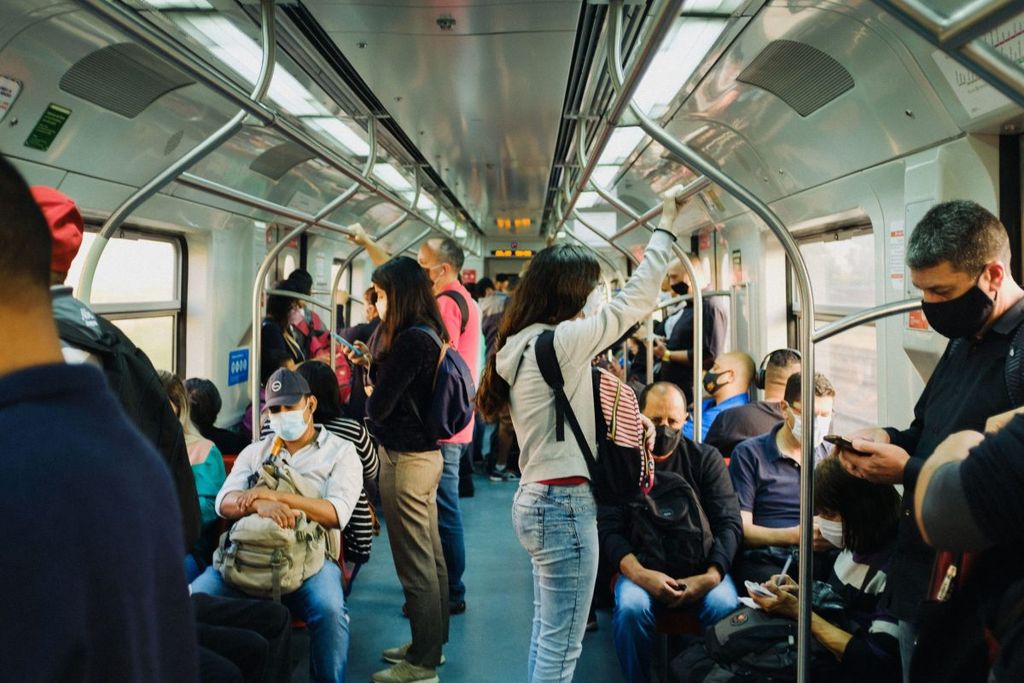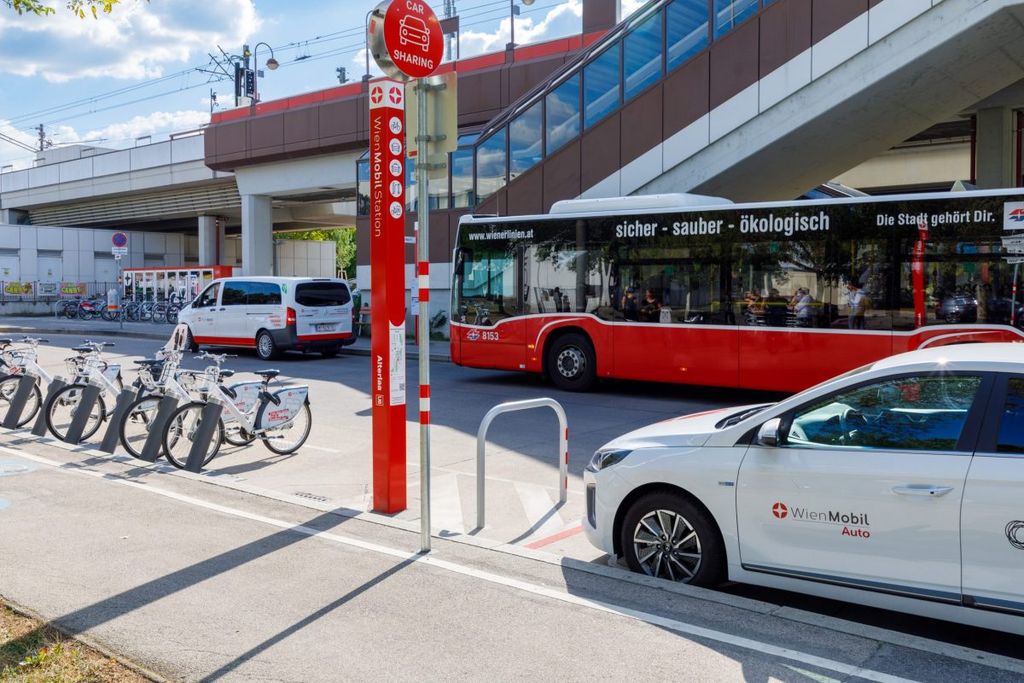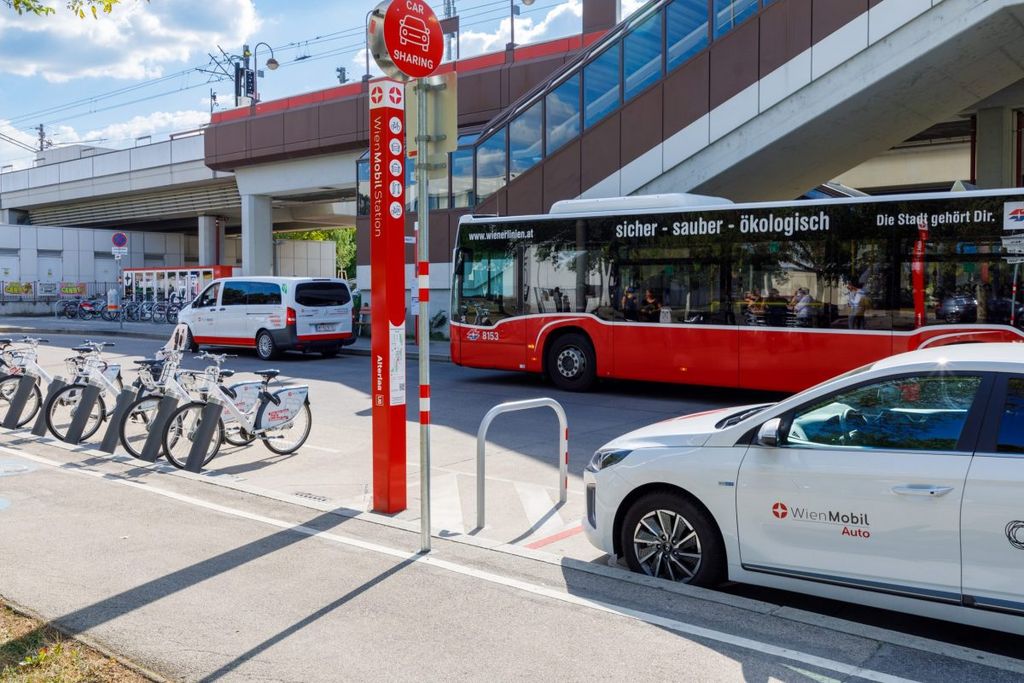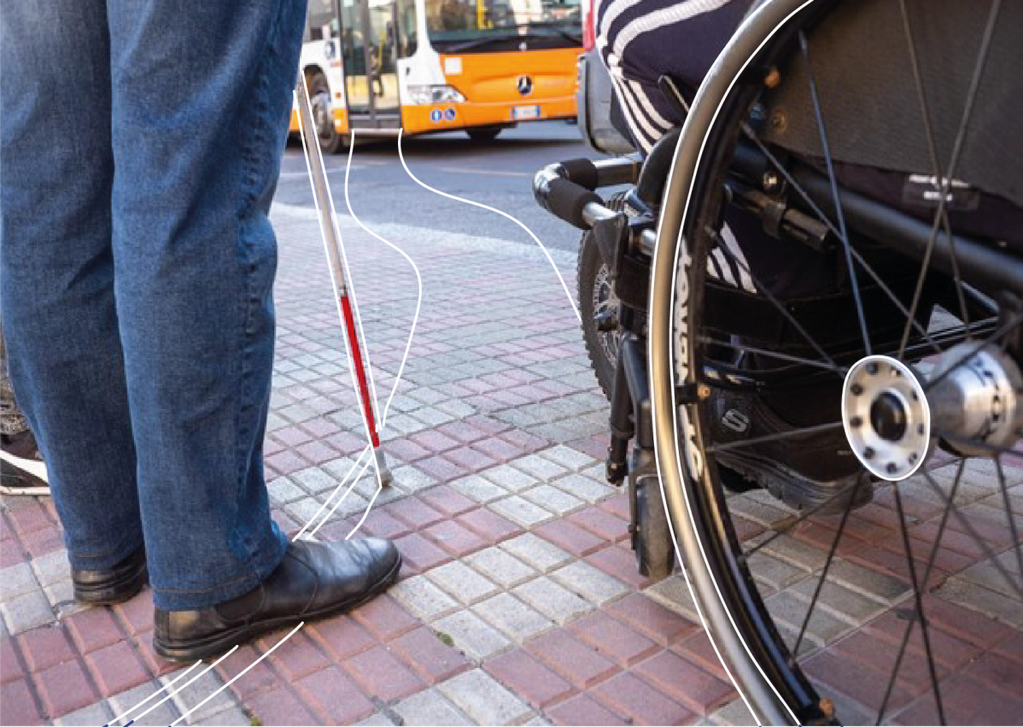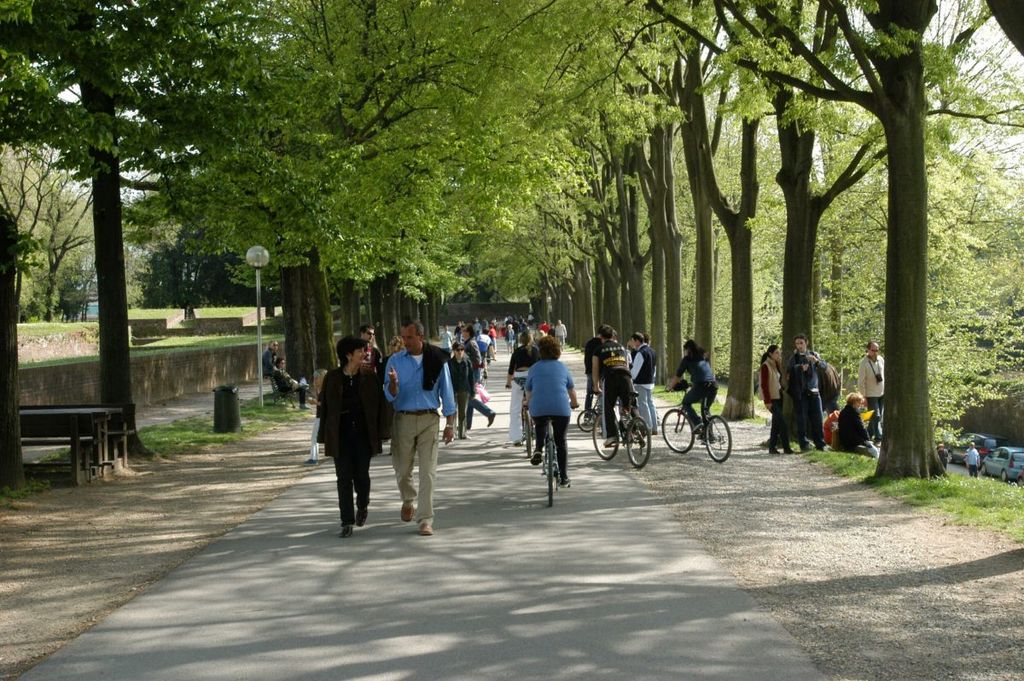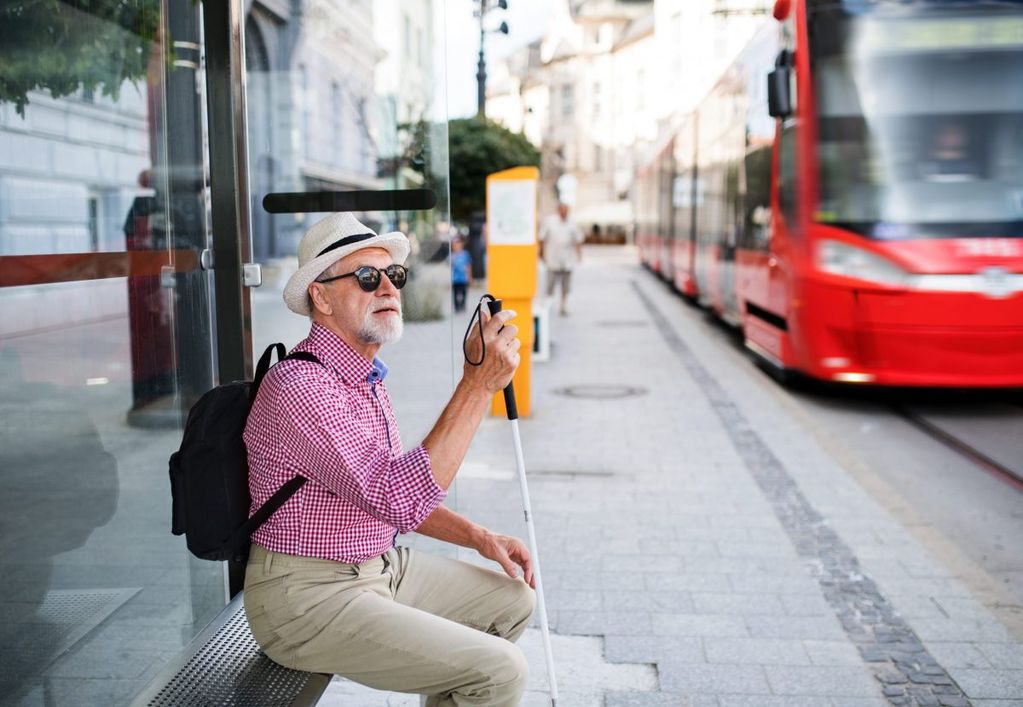
Public transport is for everyone: UITP signs declaration for improving user accessibility
A declaration with key principles for accessible public transport
On 12 July in the beautiful Italian city of Lecco, UITP’s Secretary General, Mohamed Mezghani*, signed a declaration on improving accessibility in public transport. The ‘Lecco declaration’ is a crucial framework aligning key principles that organisations can build on to improve their own implementation of accessibility and support the realisation of accessible public transport.
This declaration was signed alongside Georgios Kouroupetroglou, President of AAATE (Association for the Advancement of Assistive Technology), and Laura Alčiauskaitė, Project Coordinator at ENIL (the European Network of Independent Living). Each of the organisations are partners in the EU-funded project, TRIPS, and have been actively working on co-creation with users with disabilities and public transport providers to develop new design concepts to remove barriers and make public transport more accessible.

During the meeting, representatives of different European associations and policy makers discussed approaches to speed up the conception and implementation of smart, green and accessible transportation for all. It was an opportunity to explain the TRIPS co-design approach and discuss practical implications of these concepts currently being trialed in seven European pilot cities: Bologna, Brussels, Cagliari, Sofia, Stockholm, Lisbon, and Zagreb.
When discussing accessibility, it is challenging to make sure all the different transport stakeholders are on board with such measures and coordinating their efforts. The Lecco declaration is important because it forces the sector to focus their attention on the user. We have to educate the sector that we are not only doing this for persons with reduced mobility but we are doing this for everyone.”
Accessible public transport is crucial for inclusive cities
Public transport plays a key role to keep our cities and regions alive and moving. Our sector should offer sustainable and safe mobility solutions to all while contributing to improve air quality, social cohesion, employment, and much more…
To build inclusive and participative societies as well as ensure a suitable passenger experience within the transport networks, it is important that these opportunities can also be enjoyed by passengers with different access needs. Everybody at some point in their lifetime will face challenges with mobility. Whether is it a broken leg, a child in a pram or old age. We must ensure public transport answers to all situations throughout a passenger’s journey.
But of course this is a huge challenge, especially in cities with infrastructure dating back to the early 20th century. Creating barrier-free mobility shouldn’t be about ensuring the full sector is 100% accessible for all but rather to direct users to multi-modal transport services for door-to-door mobility so they can choose the safest and most comfortable options for them.
By working with users and knowing their requirements, can operators, authorities and industry providers make informed decisions based on their direct feedback and ensure that our services are ready for their use. And we are already hearing great examples from our members…
Västtrafik in Gothenburg invited a group of customers to test soon-to-be-tendered trams in 2019 to evaluate various aspects for their comfort. This included the height of seats, buttons and ticket validators for people with reduced mobility and the space available for turning a wheelchair or for assistance dogs. Trapeze has worked with the Swiss blind association to develop on-board communications to notify users of route and destination information and getting support in stations on getting on and off vehicles.
The core concepts of the Lecco Declaration
- Freedom of movement is a human right and personal mobility should be guaranteed to all.
- Mobility is related to other rights such as participation, access to education and employment.
- Public transport supports social and environmental policies and values. It connects places and people and fosters social and economic development. Everyone should be able to use it.
- Technological developments has the potential to reduce or overcome access barriers providing new solutions.
Read the Declaration on accessibility
The Lecco Declaration is a framework of key accessibility principles, enabling the development of a Memorandum of Understanding and committing those involved to introduce concrete actions for accessible public transport. If you and your organisation are actively working on improving accessibility of sustainable mobility and would like to remain updated on this topic, please register your interest!
*acting on behalf of Mohamed Mezghani SARL
exclusive resources

